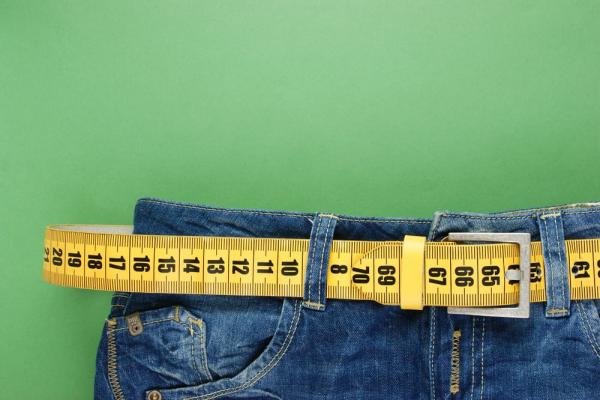
Now that Christmas is over, we can shift our attention to the New Year of 2015.
Surveys show that losing weight is the most popular of New Year's resolutions in America - and that it is also the resolution that most frequently fails. So many of us want to trim down and shape up - we want to do it for ourselves, and we want to do it for our families and those we love.
But there are so many diets, so many fads, and so many "quick fixes" that either don't work at all or that work only temporally, taking off pounds that just come right back on.
If shedding a few pounds is one of your New Year's resolutions, and if you want it to be permanent rather than temporary, and to enhance your health rather than jeopardizing it, consider five simple, logical habits that virtually guarantee positive and lasting results.
1. The Water Habit
Drink a tall glass of water immediately before each of your three daily meals. Besides hydrating you, this fills your stomach and reduces your appetite.
2. The Slow Habit
Set your fork or spoon down on the table after each bite. This slows down your eating and causes you to enjoy a meal more while actually consuming less.
3. The Half Habit
Prepare or order whatever meal you want, but only eat half of it. If you are eating out, share your meal with your spouse, friend or take half of it home. If you are eating at home, eat exactly half of your normal portions.
4. The Snack Habit
Only snack on fruit or vegetables. Except for your three meals, do not eat anything unless it is a fruit or vegetable.
5. The Move Habit
Devote 20 minutes a day to some kind of aerobic exercise that doubles your normal heart rate. It can be something as simple as a brisk walk, a treadmill or a stationary bike, but do it every day.
These habits take commitment and discipline, but they can actually develop and become part of your life rather quickly. If you do something for 21 straight days, it becomes a habit.
Start a chart where you check off each of the five habits each day. On day one, put a "1" for each of the five that you do that day. On the second day, put a "2". If you miss a day on one of the habits, start over on your numbering for that habit. Stay with it until you get to 21 consecutive days on each of the five.
Habit 3 is the heart of this plan because it actually re-celebrates your appetite. You see, your appetite has the job of getting a certain amount of nourishment into your body. This can be achieved by eating a large quantity of poor-quality food or by eating a small quantity of high-quality food. If you exert your discipline and will-power by eating only half of whatever you normally eat, your appetite soon begins to realize that it can't get large quantities so it gradually starts craving more quality instead of more quantity, and you begin to find nourishing food more and more appealing while junk food slowly and steadily seems less appealing.
When habits 2 and 3 are combined, the ratios get very interesting. You end up taking about the same time to eat a meal, but you enjoy it twice as much while consuming only half as much.
Habit 1 is the easiest of the five. You just need to remember to drink a tall glass right before each meal. Having your check-off chart on hand will remind you. Besides helping you eat less, the water will fix the mild but chronic dehydration problem that doctors say most Americans have.
Habits 4 and 5 are just plain hard, especially for the first few days. Because of habit 3, you will feel hungry between meals, and the fruit or vegetable of habit 4 will not be the most tempting snack. But as the days pass and your appetite adjusts from quantity to quality, these natural snacks will look better and better to you. The saving grace of habit 5 is that exercise, while hard and sometimes boring, is also addictive, and the more consecutive days you do it, the more your body will appreciate the endorphins it releases.
Try it as the New Year starts, and by the end of January you can have the five habits mastered and established - and you will lose weight and gain vitality for the rest of the year.

